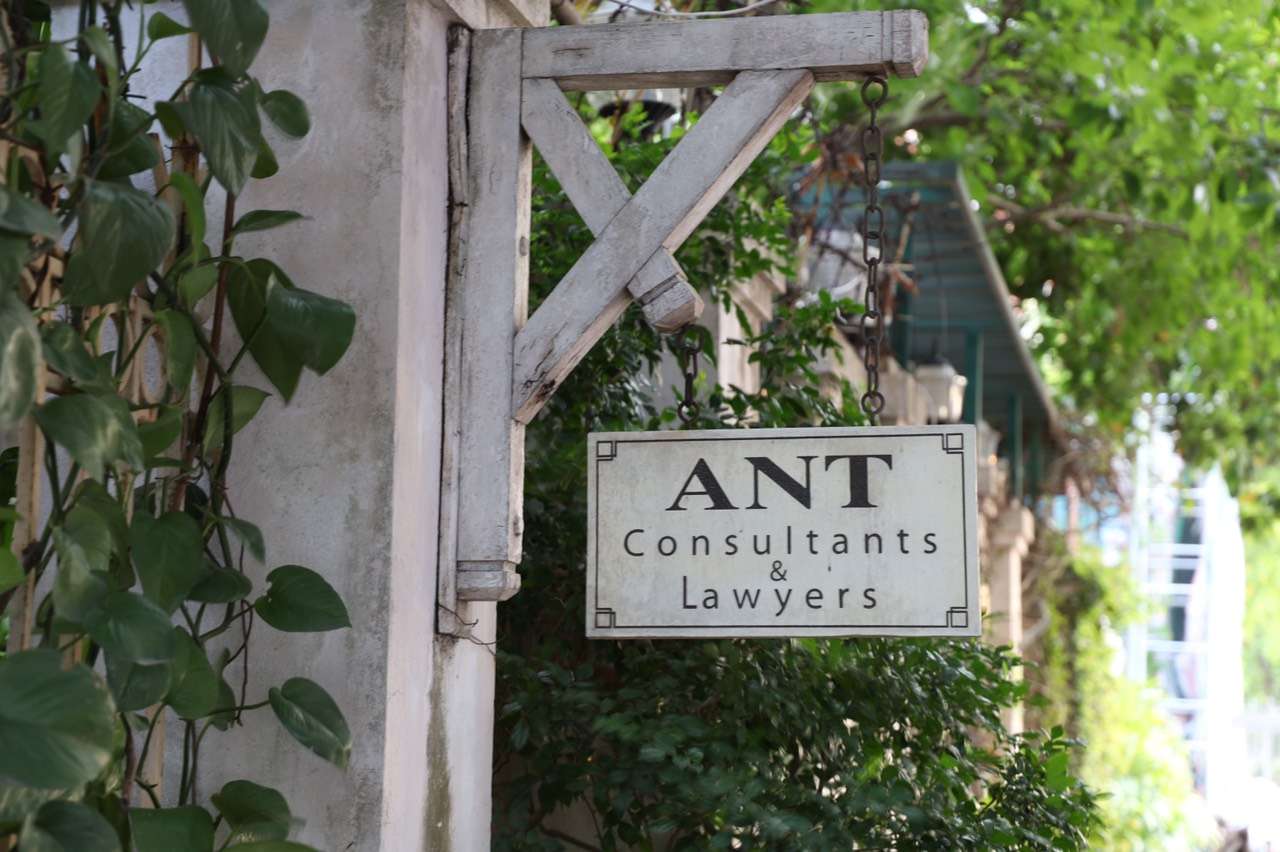How to Resolve Disputes Settlement through Arbitration in Vietnam?
Arbitration, mediation, negotiation, and litigation are all methods of dispute resolution. In order to resolve disputes, a litigation dispute law firm in Vietnam needs dispute lawyers who have the expertise and experience necessary to resolve complex cross-border, commercial, and civil disputes.
Most business agreements could include a provision stating that disputes must be resolved through arbitration in the current business environment. A valid written arbitration agreement, either as an arbitration clause in a contract or a separate agreement, is required for a dispute to be referred to arbitration. The arbitration clause is treated as independent if it is included in a contract, and the arbitration clause's validity is unaffected by contract modifications, extensions, or terminations. As long as the parties clearly state their intention to resolve any dispute through arbitration, Vietnamese law permits a written arbitration agreement to take any form. The residing court is required to drop the case if a dispute falls within the scope of a valid arbitration agreement and a party attempts to initiate court proceedings. Additionally, the arbitration organization authorized to resolve disputes without supplemental agreement is not required to be specified in an arbitration agreement. Even if there is a valid arbitration agreement, the Vietnamese Arbitration Law states that a dispute must also fall into one of three categories before it can be arbitrated:
(1) disputes arising from “commercial activities”;
(2) disputes where at least one party is engaged in commercial activities;
(3) other disputes where the law stipulates that arbitration is a permissible means of resolution.
The definition of the term "commercial activity" in category (1) can be found in Commercial Law No. “activity for profit-making purposes comprising the purchase and sale of goods, provision of services, investment, commercial enhancement, and other activities for profit-making purposes,” according to 36-2005-QH11 (31 December 2005). Noncommercial disputes, such as civil disputes, in which at least one party is engaged in commercial activities, frequently fall into the second category. However, disputes between consumers and providers of goods or services do not fall under this category. The law stipulates that the party may select arbitration or litigation in this instance. The dispute cannot be arbitrated without the consent of the consumer, even if the agreement includes a standard arbitration clause in the contract for the supply of goods or services. Legislators have complete discretion over whether or not to expand or maintain the categories of disputes that can be resolved through arbitration. A dispute arising from investment activities governed by the Law on Investment is an illustration of a dispute in category (3).
Due to the fact that many businesses would rather avoid the high costs of litigation, arbitration has grown in popularity.
Arbitration lawyers in Vietnam at ANT Lawyers - a Vietnam law firm with accreditation in national and international arbitration practice can assist in providing clients with legal advice and guidance throughout the process of resolving disputes. The intervention attorneys could likewise exhort the clients on different issues from decision of authority, decision of assertion rules, specially appointed or institutional discretion, spot of mediation, implementation of arbitral honor.





.jpg)
.jpg)
.jpg)
.jpg)
.jpg)
.jpg)
.jpg)








